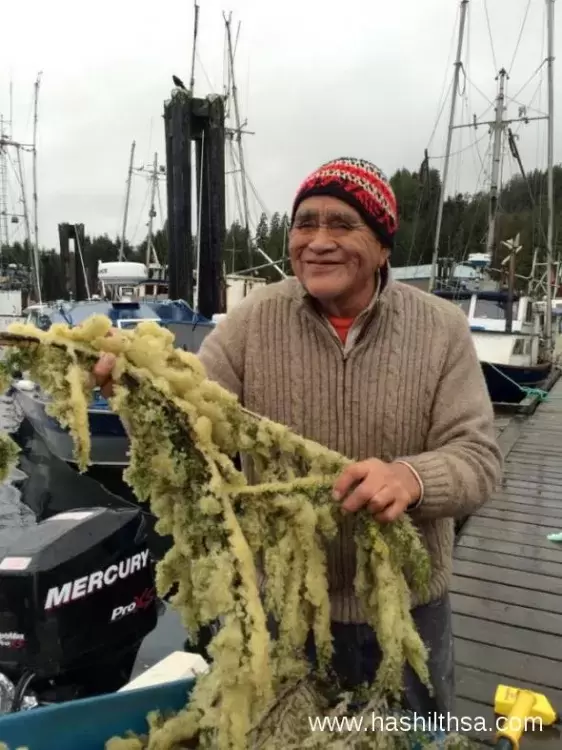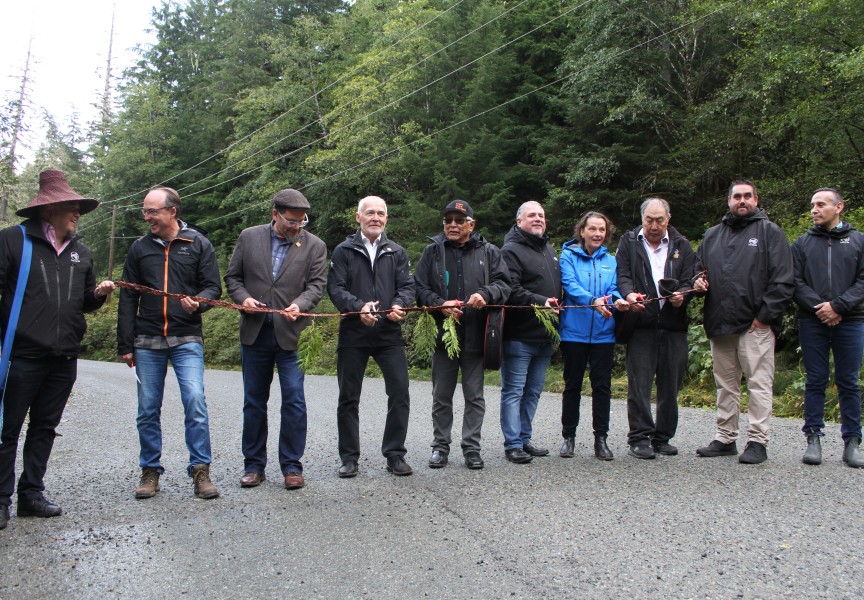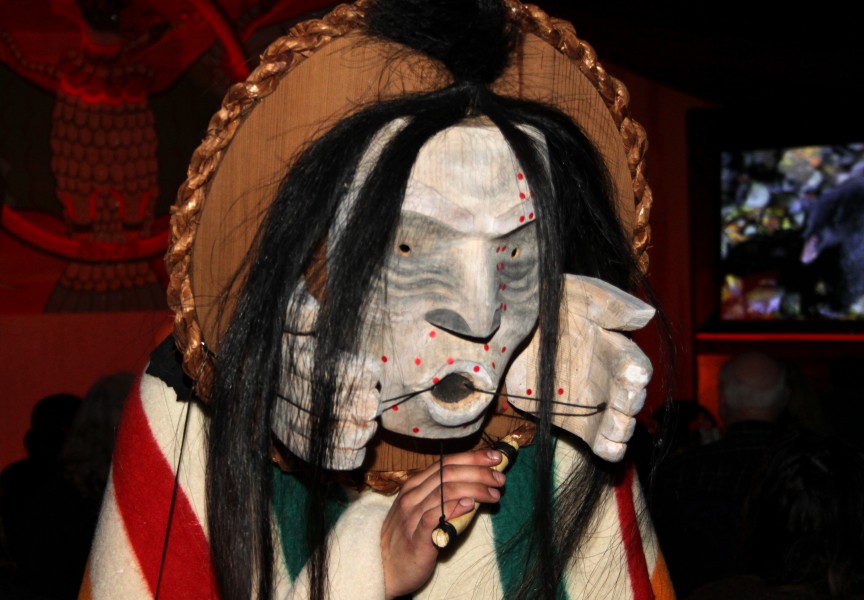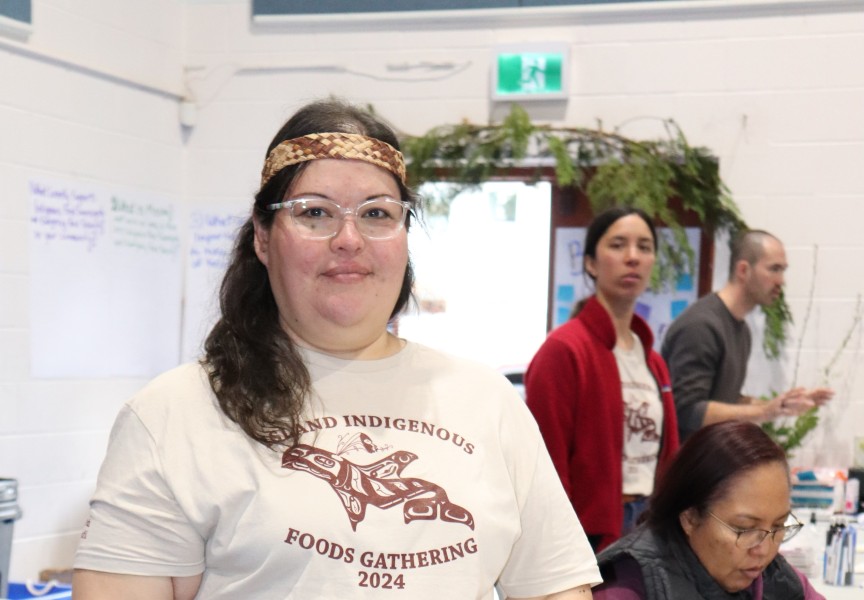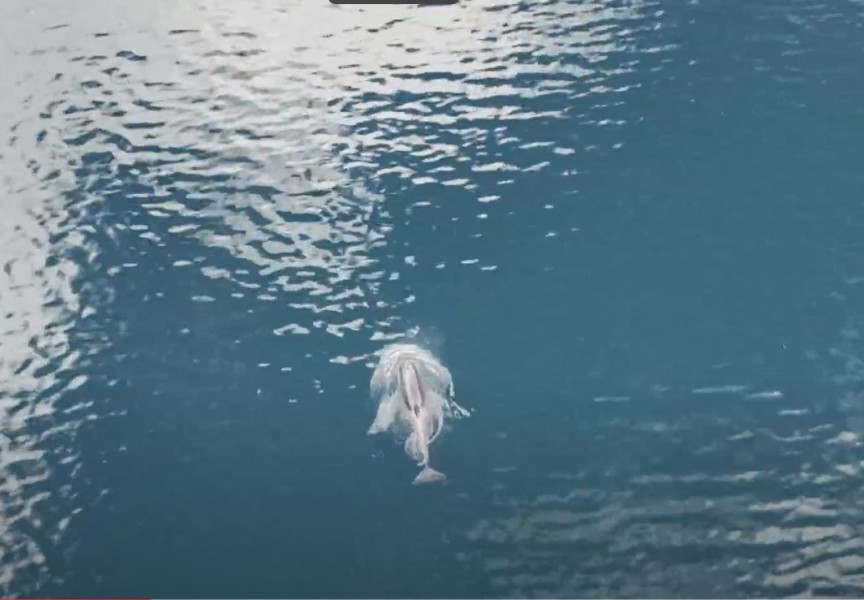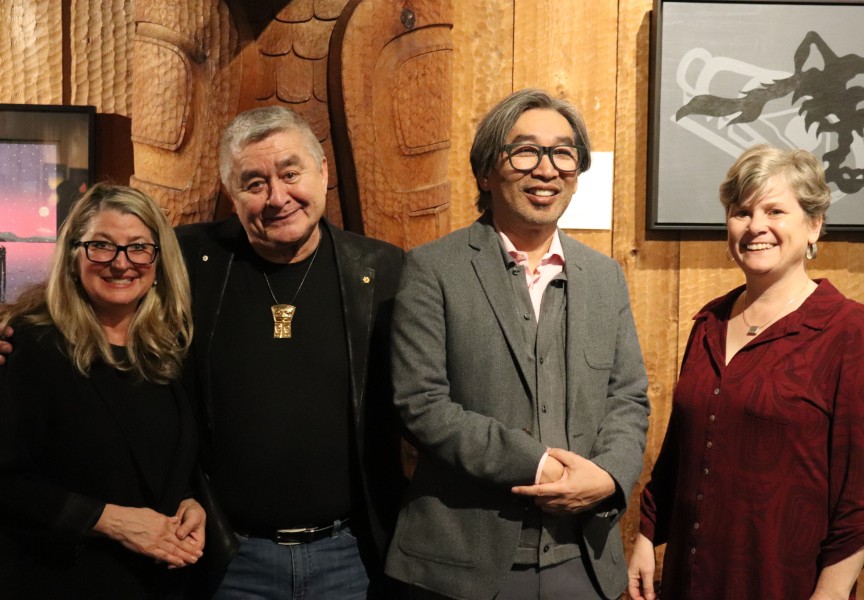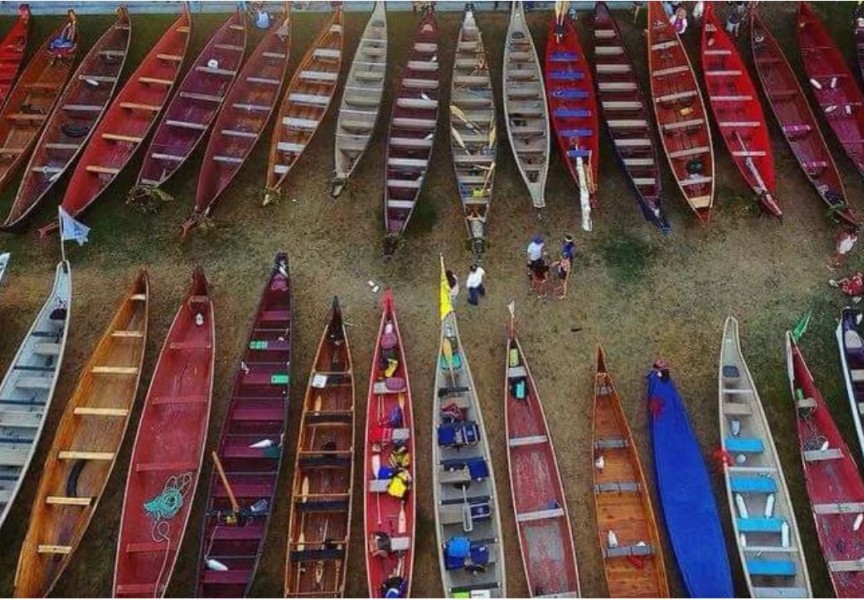While an update to Canada’s Fisheries Act is underway, recognition of aboriginal rights needs to be included in the legislation for it be modernized, says the First Nations Fisheries Council of B.C.
Under the previous governance of the Conservatives, changes were made to the Fisheries Act with two omnibus bills in 2012. But after the shift of power to the Liberals, Prime Minister Pierre Trudeau issued a directive to “review the previous government’s changes to the Fisheries Act, restore lost protections and incorporate modern safeguards.”
The past changes to the Fisheries Act could undermine traditional rights, said FNFC Executive Director Jordan Point in a media release issued in February.
“One of the most critical issues with the 2012 changes was the introduction of problematic definitions,” he said. “The definition of ‘aboriginal fisheries’ sought to reduce aboriginal fishing rights to simply a right to harvest, and the definition of ‘commercial fisheries’ created problems because under the omnibus bill changes, any aboriginal fishery for trade, sale or barter would be deemed a commercial fishery.”
Fisheries and Oceans Canada is currently revising the federal legislation. This update follows recommendations from a steering committee that include improved communications with fisheries stakeholders as well as the reinstatement of the Habitat Protection Branch with new staff, better monitoring, improved enforcement and research into aquatic ecosystems.
While these changes are welcomed, the First Nation Fisheries Council contends that the act cannot be updated without clearly recognizing aboriginal rights that are defined in Canada’s 1982 Constitution Act and the UN Declaration on the Rights of Indigenous Peoples.
The process that informed the steering committee’s recommendations was problematic, according to the fisheries council. While one third of the 229 written submissions made to the steering committee came from Indigenous groups, just four of the 50 witnesses who were given time to present were from aboriginal organizations.
As the FNFC member representing the west coast of Vancouver Island, Hugh Braker presented these issues at the Council of Ha’wiih Forum on Fisheries on June 15 in Tsaxana, near Gold River, B.C.
“I’m really happy that so many First Nations responded to the calls for submissions, but at the same time I’m a little disappointed,” he said. “There’s something wrong there. The standing committee, in my view, closed the door on aboriginal people, and we should correct that.”
Braker stressed the need for Nuu-chah-nulth-aht to effectively communicate the cultural importance of fisheries to Ottawa. This is clearly illustrated when herring eggs are provided in the Tseshaht community.
“Once Tseshaht has a distribution of siihm’uu, the whole community gets excited. It’s just bubbling, people start chatting…people start laughing and joking, you can feel it at the market, you can feel it at the school, you can feel it in our band office,” said Braker. “When you make your submission to the minister of Fisheries and Oceans, that’s missing, that part is missing and we need to put that part into the reports so Canada, so that the government, has an understanding of what is important to us. The people that live in Winnipeg, the people that live in the interior of Ontario, they don’t know what the relationship is between Nuu-chah-nulth people and fisheries.”
The tabling of an amendment to the Fisheries Act is expected next winter, with the new legislation coming into effect in 2018.

